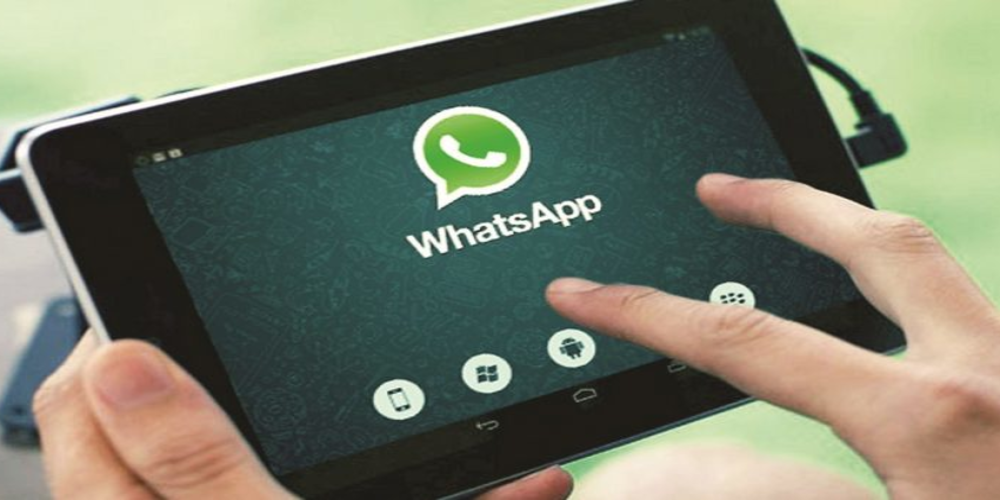WhatsApp's Free Backup Ride Ends: Android Users to Use Google Drive Space
Nov 15, 2023

The era of unlimited WhatsApp backups for Android users without denting Google Drive storage is drawing to a close. For half a decade, Android faithful have enjoyed a perk that their iOS counterparts have not: the ability to back up WhatsApp data without eating into their cloud storage quotas. But this digital free lunch is coming to an end, as both Google and WhatsApp have heralded a change in policy. Starting with WhatsApp beta participants in December, the storage grace period will end, and all manner of WhatsApp data—be it messages, images, or videos—will once again count towards your Google Drive storage limit.
This shift is significant for Android users who have long been accustomed to the convenience of carefree backups. The change won't be abrupt, though. WhatsApp plans to roll out the new rules to all Android users in the first half of 2024, providing a 30-day notice before the changes take effect via an in-app banner. The banner will guide users to the Chat backup settings, where they can manage their backups and understand the implications on their Google Drive space. For those hesitant to use their Google Drive for backups, WhatsApp offers a solution: a direct, Wi-Fi-based transfer tool called WhatsApp Chat Transfer that facilitates device-to-device data migration without the need for cloud storage.
Google's stance on the matter is straightforward: the change is merely an alignment with how other apps treat cloud storage. To mitigate the impact, Google will offer "eligible users" special Google One promotions, presumably to encourage the uptake of their paid cloud storage subscriptions. Despite this change, the fundamentals of WhatsApp's backup functionality remain unchanged. Users can still manage their backups by deleting unnecessary data from WhatsApp, which in turn will free up space in their Google Drive.
For users, this development points to a broader trend of tech companies nudging consumers towards paid cloud services. While Google Drive's free 15GB tier has been generous, especially compared to Apple's meager 5GB offering, the shift in WhatsApp's backup policy underscores the growing value of cloud storage in our digital lives. Users may need to become more proactive in managing their digital footprints or consider the costs of additional storage.
In conclusion, the days of unlimited free backups for WhatsApp on Android are numbered. As users prepare to accommodate their WhatsApp data within Google Drive's storage limits, they face decisions about data management and, possibly, paid storage upgrades. The impact of this change will be felt gradually, and Google's promotional efforts for Google One may soften the impact. Nonetheless, Android users must now adapt to a reality long familiar to iOS users: cloud storage is a finite resource that requires careful stewardship.







